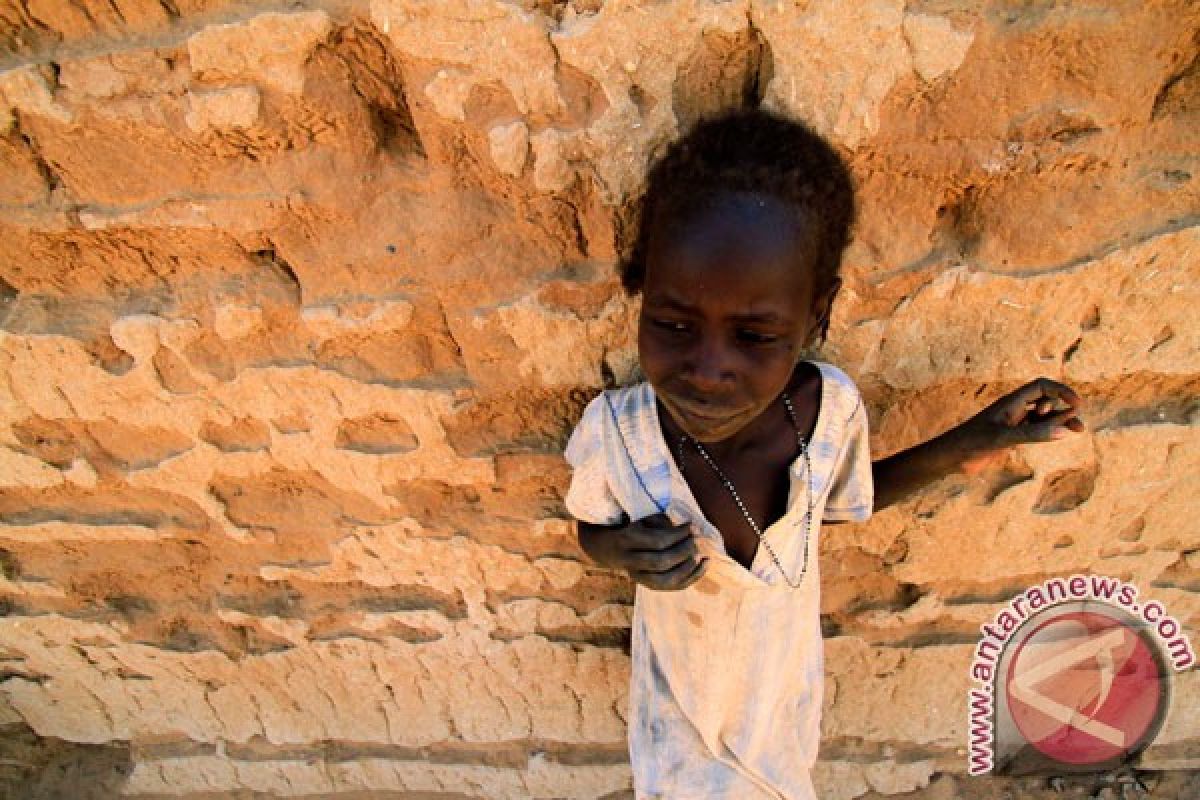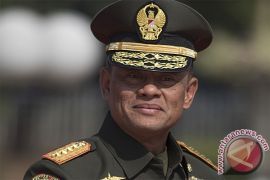"Reports received by the UN indicate that the entire population of the Kassab IDP camp -- 25,000 people -- fled because of the fighting," the UN humanitarian agency OCHA said in its latest weekly bulletin.
The Kassab camp -- home to people who had already been displaced by Darfur`s nine-year-long conflict -- is on the edge of Kutum town, northwest of the North Darfur state capital El Fasher.
The unrest, part of a surge in violence in Sudan`s vast western region, began on August 1 when a district chief, Abdelrahman Mohammed Eissa, was shot dead in Kutum during a carjacking attempt.
Reports received by the UN said members of Eissa`s Jalul tribe then killed two displaced people and a police officer, and destroyed a local market.
On August 3, "two members of the government delegation that arrived in Kutum for a meeting with the governor were shot at and injured," OCHA said.
"The UN also received reports of looting of houses of displaced people, markets and businesses in the Kassab IDP camp and Kutum town."
State-linked media reported on Sunday that two soldiers were killed when the army moved in to stop the looting by "outlaws".
The deployment was unusual as civic law enforcement is normally a police responsibility.
OCHA said the Sudanese Armed Forces initially expelled the tribesmen from Kutum on Saturday but they returned the following day "and engaged the SAF in force."
In an interview with AFP on Tuesday, Darfur`s top official, Eltigani Seisi, said eight people had been killed -- the two soldiers, two police and four camp residents.
"There is an ethnic and tribal polarisation in Darfur," Seisi said. "It has started with the war."
OCHA said it was not possible to determine the number of killed and injured.
The African Union-United Nations peacekeeping mission in Darfur (UNAMID) said that on Friday it, along with other agencies, delivered medical assistance to 170 Kassab camp residents displaced by the violence.
They were treated for illnesses as well as injuries, UNAMID said.
"The newly displaced have sought refuge among the host population in Kutum town, the majority living in open areas without basic services, such as clean water, food, sanitation facilities and health care," UNAMID said.
During the violence, the premises of five humanitarian organisations were looted, OCHA said, adding that humanitarian staff have been moved to El Fasher.
The World Food Programme previously announced that its Kutum compound was looted for about 12 hours from around midday on August 2 but staff were unhurt.
In other recent unrest in Darfur, security forces shot dead eight protesters in the South Darfur city of Nyala last week.
On Thursday, UNAMID said it had received reports from fleeing villagers of air strikes from August 3-6 west of Shangil Tobay, which is south of El Fasher.
Rebels are active in the area, the army said.
In July nearly 60 people were killed in fighting between Arab tribes along the border between East Darfur and South Kordofan states, official media reported.
Along with unrest, Darfur is coping with flooding.
"Flash floods triggered by heavy rains over the past week have affected more than 14,000 people across Darfur, damaging or destroying property," OCHA said.
The worst-hit area is Central Darfur state, where the homes of displaced people living in camps were among those washed away, it said.
OCHA did not give any casualty report from the flooding.
Rebels drawn from black African tribes rose against the Arab-dominated Khartoum government in 2003 in a conflict the UN estimates killed at least 300,000 people. The government said 10,000 died.
Clashes between rebels and government troops, banditry and inter-ethnic fighting continue in the region but violence is much less than at its peak nearly a decade ago.
The UN says about 1.7 million people are still living in camps in Darfur.
(H-RN)
Editor: Ella Syafputri
Copyright © ANTARA 2012




